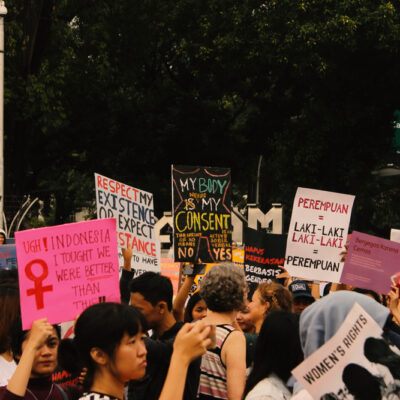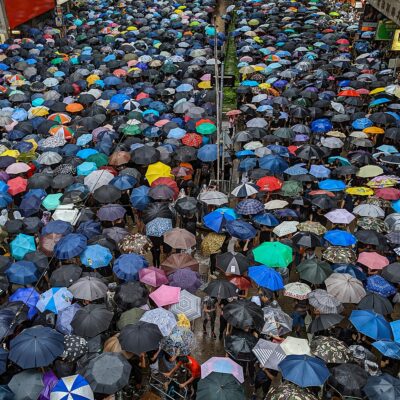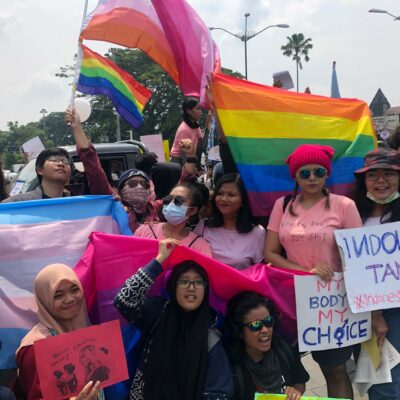Across the world, the impacts of COVID-19 on women and girls have been devastating. As the region in which the virus originated, these impacts have been particularly profound in Asia-Pacific.
Women are facing increased vulnerability to intimate partner violence while in quarantine or under isolation, as well as bearing the burden of care work of their families due to school closures and work-from-home orders. High numbers of women working as migrant domestic workers are encountering barriers in accessing healthcare and maintaining their employment, or in returning to their countries of origin due to rapidly evolving travel restrictions. For women working in the informal labour sector, which in some parts of the region constitutes 95 per cent of women’s employment, many are losing their livelihoods with little opportunity to access compensation or support.
But for women and girls in conflict and fragile settings the added vulnerabilities brought on by the spread of COVID-19 are especially shocking. Conflict settings already disproportionately impact women, placing them at increased risk of gender-based violence and with limited access to essential services and economic opportunities. Now, the largescale spread of disease threatens to increase this.
In environments where the human rights of women and girls are already under threat, COVID-19 will trigger a further backslide. In Afghanistan, where violence has flared recently between the Taliban and the government, women have long suffered exclusion from the peacebuilding arena. The pandemic and lack of access to effective healthcare in conflict-affected regions of the country could severely impact women, further marginalizing them and creating additional obstacles to their participation in the pursuit of peace.
Moreover, it is not just women in settings already affected by conflict that are at risk. One of the greatest dangers of COVID-19 is that it becomes a driver of conflict itself.
Hate speech, stigma and discrimination are on the rise as community members fear who may be infected by the virus. In countries such as Sri Lanka and Myanmar, which have had recent waves of ethnic and religious tensions, COVID-19 may fuel further eruptions of violence. Increasingly we are seeing countries enact emergency powers ordinarily reserved for wartime, military deployed to enforce quarantines, and borders closed to travel. The parallels of the impact of COVID-19 to that of a global conflict setting increase with each day.
While the full scale and impact of COVID-19 is still unknown, we can learn valuable lessons from what has worked to rebuild societies in the aftermath of conflict. The experiences of peacebuilding in countries including Nepal and Timor-Leste have taught us that women’s leadership paves the way for a more rapid recovery. Evidence shows that where women experience higher levels of empowerment in conflict and emergency settings, communities experience more rapid economic recovery in the aftermath. Women’s participation in peacebuilding processes improves the sustainability of peace, with peace agreements 35 per cent more likely to last 15 years where women have been involved in the negotiations.
In Asia-Pacific women account for only 18 per cent of parliamentarians due in large part to discriminatory social norms that view women as unsuited to decision-making roles in public life. The perpetuation of these gender norms in countering the challenges COVID-19 has brought to our communities could have grave results.
Ignoring the critical role women must play in leading in the COVID-19 response could see us miss the opportunity for dynamic and impactful action to set us on the path to recovery. In order to effectively respond to the devastation wrought by COVID-19, women must be at the frontlines. We must learn from our experiences of wartime that women’s meaningful participation benefits all of society and can lead in rebuilding communities stronger than they were before.
With the virus presenting a global battle for us all, supporting women’s leadership now will surely achieve the same successes.
Related webinar: Governance or social resilience: Learning from Southeast Asia’s experience with COVID-19.
Main image: Women in Afghanistan. Credit: UN Women/Flickr




